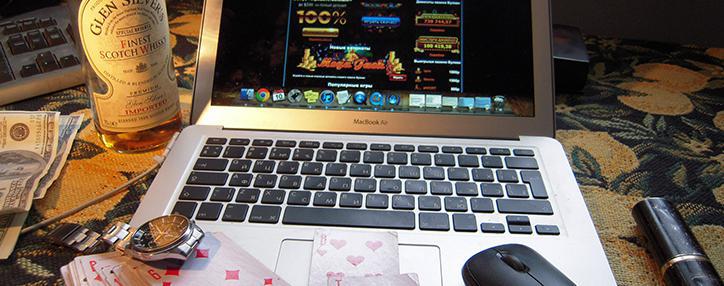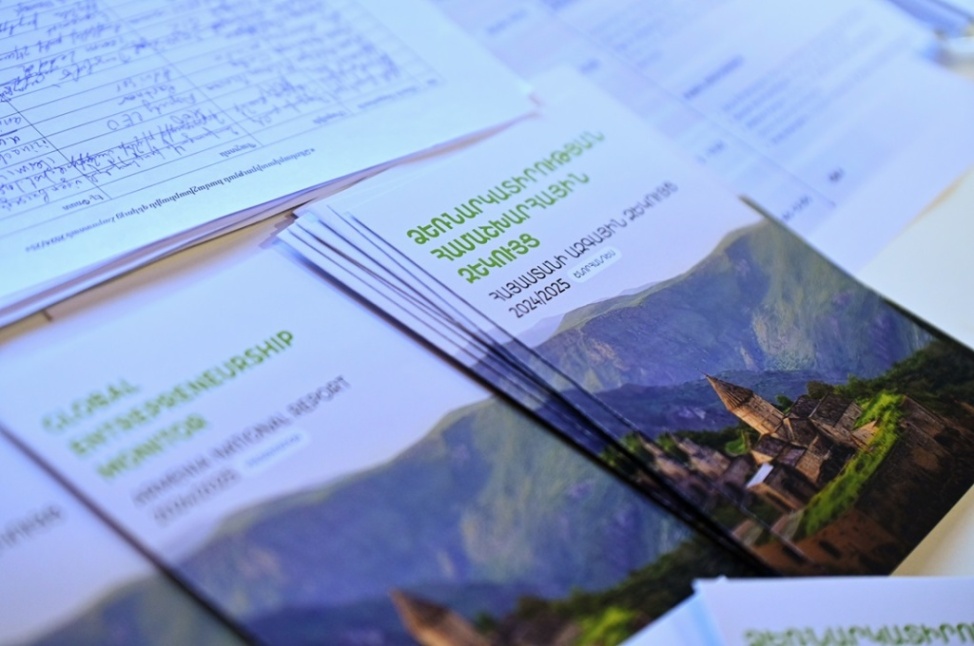Armenian Prime Minister shocked by popularity of sweepstakes among fellow citizens

YEREVAN, November 2. /ARKA/. Armenian Prime Minister Nikol Pashinyan said today he was shocked by the popularity of sweepstakes among his fellow citizens.
He recalled that in 2018, when he first took office as prime minister, he was surprised to find out that in June and July Armenia recorded economic activity growth rates of 9.5% and 10.8%, respectively.
"I was horrified to learn that a gigantic share of that economic activity was generated by betting during World Football Cup. It turned out that during the World Cup, fans of the game gambled enormously, turning this sector into one of the country's leading economic sectors. And that says it all. This is of great social importance, I think we sometimes do not understand the depth of the crisis," the Prime Minister said, speaking in Parliament.
Pashinyan noted the importance of continuing work on restricting the advertising of gambling and games with winnings, banning the betting with cash, developing an effective taxation system in this sphere.
"Effective steps should be taken to ensure that the recipients of family and social benefits do not spend huge amounts of money on gambling," the Prime Minister stressed.
The parliament of Armenia enacted earlier this year a series of revisions to the legislation on advertising, restricting the promotion of gambling by casinos, lotteries, bookies, and other organizations that give the option to place bets.
The advertising ban also guarantees that the sector operates on a level playing field. Only four-star and higher hotels, border checkpoints, and the fronts of buildings that provide gaming are allowed to advertise gambling. It is against the law to advertise in other areas.
Babken Tunyan, head of the parliamentary committee on economic issues, warned earlier that about 3.2 trillion drams ($6.2 billion) worth of bets were made in the country from January to November 2021, while in comparison, the government’s revenues from last year amounted to 1.6 trillion drams ($3.1 billion). -0-



